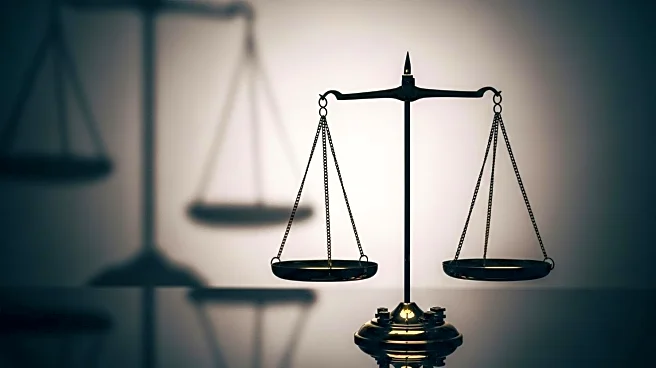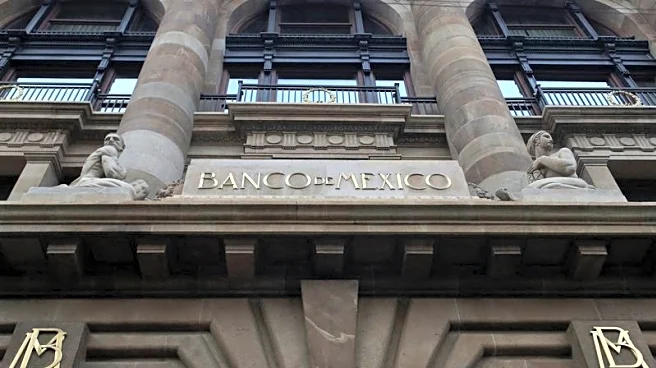What's Happening?
Former FBI Director James Comey is embroiled in legal challenges as part of President Trump's retribution campaign. Comey was charged with allegedly lying to Congress about leaks related to the FBI's Clinton email investigation. He pleaded not guilty and is set to face trial in January 2026. The charges stem from Comey's 2020 testimony, where he reaffirmed previous statements about not authorizing leaks, which the indictment claims were false.
Why It's Important?
The legal proceedings against Comey highlight the ongoing political tensions and retribution efforts by President Trump. The case underscores the broader implications of political influence on legal processes and the potential impact on public trust in institutions. Comey's situation reflects the contentious relationship between the Trump administration and former officials, raising questions about the use of legal actions for political purposes.
What's Next?
Comey's trial is scheduled for January 2026, and the outcome could have significant implications for the political landscape. The case may influence public perceptions of the Trump administration's actions and the broader political climate. As the trial approaches, it will likely attract significant media attention and public scrutiny, shaping the narrative around political retribution and accountability.
Beyond the Headlines
The charges against Comey reflect deeper issues of political polarization and the use of legal mechanisms in political conflicts. The case raises ethical and legal questions about the boundaries of political retribution and the role of the justice system in addressing such disputes. As the trial unfolds, it may prompt discussions about the balance between political power and legal accountability.










